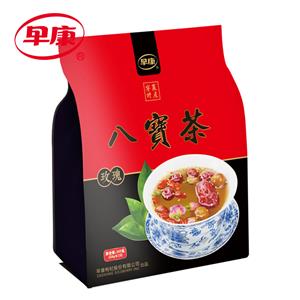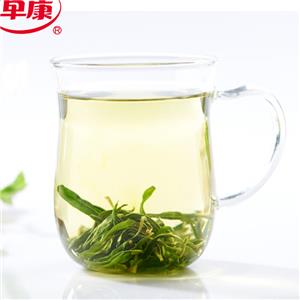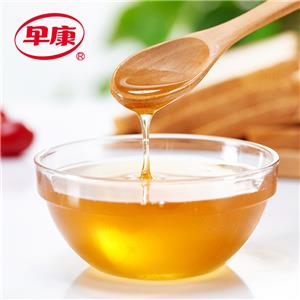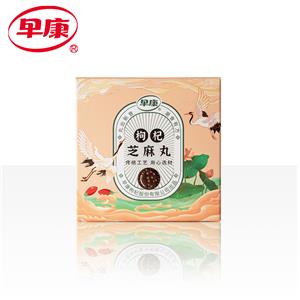sterile-fresh-fruit-pulp-drink-it-before-you-feel-at-ease
The first step in the process is the acceptance of raw materials. Freshly harvested fruits are carefully inspected by the quality management department to ensure they meet the required standards. The inspection involves checking for any impurities such as stems and leaves, as well as identifying and removing any moldy or rotten fruits. Additionally, the soluble solids content of the fruits is tested, with a minimum requirement of 18%. Any raw materials that do not meet these criteria are rejected.
Once the raw materials have been accepted, the next step is cleaning and pulping. The qualified fruits undergo a thorough cleaning process, consisting of three rounds of washing. After the cleaning stage, the fruits are transferred to draining and drying equipment to remove excess surface water. Subsequently, the fruits are fed into a pulverizing machine where they are crushed to extract the juice. To separate the seeds and peels from the fruit pulp, a double-knife pulping machine is employed. This machine utilizes centrifugal force to effectively separate the undesirable components, retaining only the essential essence of the fresh fruits.
The process of grinding and homogenization is employed to refine goji berry pulp. Through the use of colloid milling, the small particles within the pulp are finely ground, resulting in a more refined texture. However, after this process, the pulp may still exhibit inconsistencies and contain small air bubbles. To address this, high-pressure homogenization at 43 megapascals is applied. This step effectively eliminates the presence of small air bubbles from the pulp, ensuring a more uniform and evenly blended consistency. The end result is a smoother taste that enhances the overall sensory experience when consuming the goji berry pulp.
Canned Sterilization
The canning and sterilization process involves the use of a fully enclosed tubular system known as batch pasteurization. The material undergoes thorough sterilization at a temperature of 85 degrees Celsius for 35 minutes. Subsequently, the sterilized material is cooled down to 35 degrees Celsius before being efficiently filled into cans using a dual-head automatic canning machine. With a capacity to fill 3 tons per hour, the daily production reaches 60 tons, effectively handling 70 tons of fresh goji berries. The final product, packaged in 200kg drums of puree, is carefully stored in a refrigerated facility maintained at temperatures between 0 and 2 degrees Celsius. This meticulous process enables us to produce approximately 3000 tons of juice each year.




